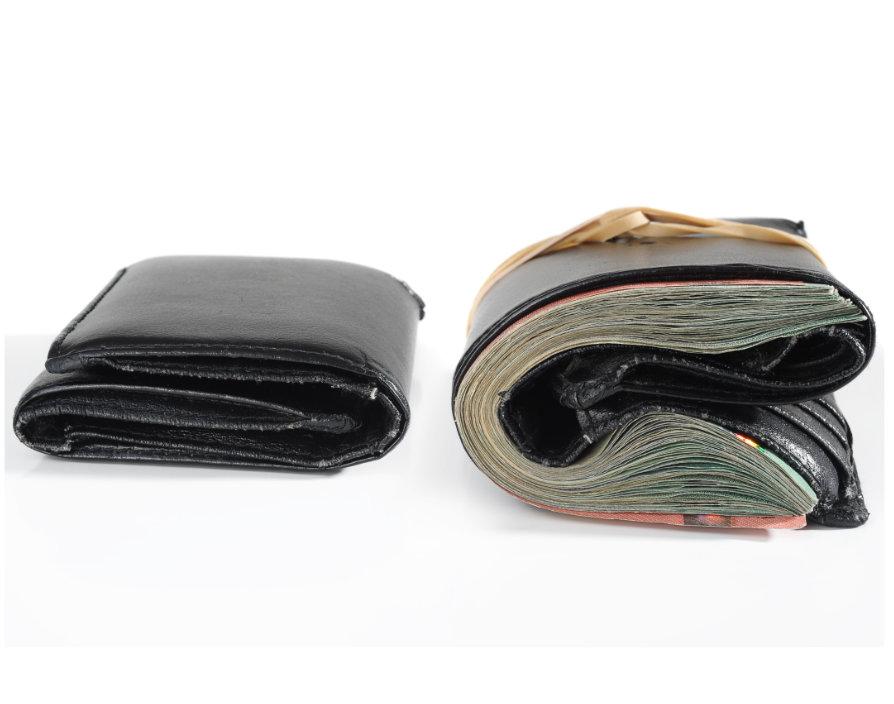Consumers are strapped for cash. Householders are in arrears with their mortgage payments and bills. Arrears are at a six-year high, while debt charities and analysts are forecasting severe financial gloom for many members of the UK population. These financial experts fear that the full impact of higher borrowing costs is yet to be fully felt.
So what does that mean for businesses? The obvious answer is that people are only spending money on essentials and that there is less disposable income available. However, we are also witnessing people ordering goods which they are unable to pay for. This means that the owners of the businesses providing these goods are at risk themselves, because of late or non-existent payments.
This is a growing problem for anyone doing work commissioned by customers. As the UK’s Small Business Commissioner, my department is receiving enquiries from frustrated people working in domestic construction, repairs or maintenance.
Imagine that you’ve just refurbished a kitchen and the householder tells you they can’t pay. What do you do? It’s possible that people may have arranged for work to be carried out on their properties when they could easily afford it.
However, faced with higher fuel and food bills, as well as hikes in mortgage rates, suddenly their disposable income is vastly reduced. And they can no longer afford to settle the debt. They may have lost part or all of their household income.
In some cases they may have already known they couldn’t afford to pay but still went ahead and ordered the work. Getting to the truth can be difficult. Sadly, we can’t help as these are consumer payments and not business to business arrangements. And, in such cases, there are very few options.
You could always dismantle the kitchen but the materials won’t be worth what you paid for them. Such action may provide temporary satisfaction to the business owner, but they are still losing a significant amount of income – and the householder has a kitchen which looks a mess.
In other words, everyone loses out. And the customer may take to social media to damage your reputation too. Beware. However, if the customer can pay, but belongs to the category of ‘won’t pay’, the threat of dismantling the kitchen might be enough to ‘force’ them to make the payment.
You could also remove refundable items such as a washing machine, dishwasher or cooker. And disconnecting them might be enough to get your money. The customer could claim they are not paying because the work is shoddy. If that’s the case, the supplier may need a second opinion. Always insist on an independent person to carry out this task.
On every job, you should take photographs at every stage of development – perhaps at the conclusion of each day. If all else fails, you could take court action. But you may be throwing good money after bad if the customer really can’t afford to pay.
However, a solicitor’s letter outlining a supplier’s intention to take legal action may be enough to prompt the customer to pay. And if the amount owed is above a certain threshold, you could petition the court to make the customer bankrupt. Or, alternatively, you issue a statutory demand in bankruptcy. A solicitor, or the Citizens Advice Bureau, can give you this information.
Another possible route to extract payment for completed work is via mediation. The problem with this solution is that both parties must agree to the process. Before doing any of the above you may wish to consider accepting payment via instalments.
Sometimes customers genuinely can’t afford the total bill but may be able to pay the debt over a number of months. This is a popular solution for households whose incomes have unexpectedly plummeted.
In the current economic climate, it is advisable to treat every job with caution. Protect yourself as much as possible before you agree to do work for a customer. Agree that the customer buys the goods and materials, or ask for a percentage of the money upfront. Or only agree to do the work if you get paid in instalments. And, in these cases, never start the next stage until you’ve been paid for the last one.
Even put the details in writing, so you have proof that the agreement was made. At least this way, you will reduce the amount of debt incurred by the customer. Your shortfall will be a lot smaller than if you agreed to complete the work before receiving any payment.
If customers refuse to pay by instalments then walk away. Good customers usually agree. It’s much better to lose a poor paying customer at the outset, than finding yourself out of pocket further down the line.
Share via:









































